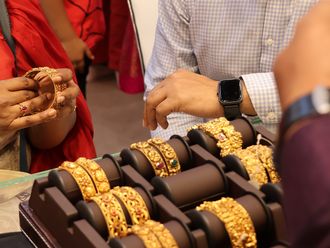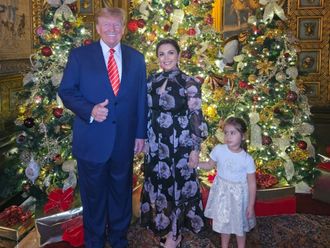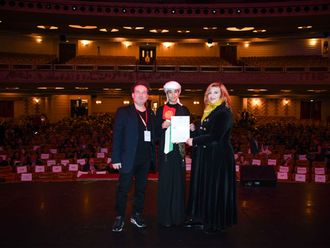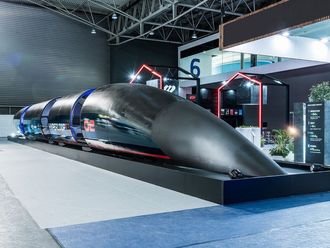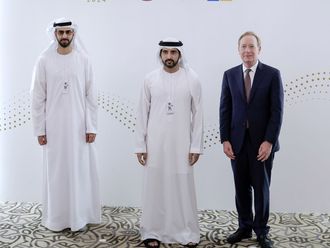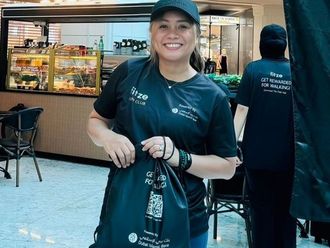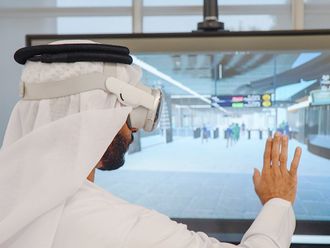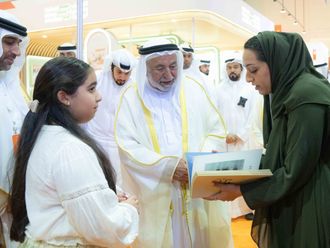Philippine President Joseph Estrada has ordered his lawyers to file a lawsuit for libel against Der Speigel, a German magazine, which reported he pocketed millions of dollars in ransom to secure westerners abducted by Abu Sayyaf extremists, the presidential palace said yesterday.
According to the German-based Der Spiegel magazine, President Estrada pocketed 40 per cent of the $20 million ransom payment, while former chief negotiator, Robert Aventajado, pocketed 10 per cent.
An estimated $31.5 million was paid by various groups to the Abu Sayyaf for the release of some 43 hostages who were abducted from Sipadan, Malaysia, and Jolo. "He feels that this is a false report given publicity unduly in Germany using German Secret Service sources," the statement quoted Press Secretary Ronaldo Puno as saying.
"The president was categorical in vehemently denying that he has anything to do with the ransom money," Puno said. He said "there is no truth to these such tapes. If that tape exists, Der Spiegel should produce that."
Estrada has also asked Philippine ambassador to Germany Jose Zaide to look into the report, but he does not intend to make a diplomatic row on the issue, Puno said.
Meanwhile, a local newspaper said yesterday that the ransom payment made by groups from Libya, France, Germany, and Malaysia to the Abu Sayyaf group for the release of their foreign hostages was kept in two banks owned by former associates of dictator Ferdinand Marcos.
The money is still intact, the Daily Inquirer quoted a source who asked for the names of the two banks to be withheld. Known former Marcos associates are Lucio Tan who owns Allied Bank, and former ambassador Eduardo Cojuangco who owns United Coconut Planters Bank.
They are also identified as associates of President Joseph Estrada. Tan is also majority owner of Philippine National Bank. The money was used as a guarantee for loans made by the two banks, said the source, but did not give more details.
The serial numbers of the dollar bills sent to the Philippines by various groups, which negotiated for the release of the hostages, were recorded, the source said.
The source added that the authorities had realised this and were afraid that they could be traced. This is the reason why they did not use the money.
President to file lawsuit against German magazine
Philippine President Joseph Estrada has ordered his lawyers to file a lawsuit for libel against Der Speigel, a German magazine, which reported he pocketed millions of dollars in ransom to secure westerners abducted by Abu Sayyaf extremists, the presidential palace said yesterday.


